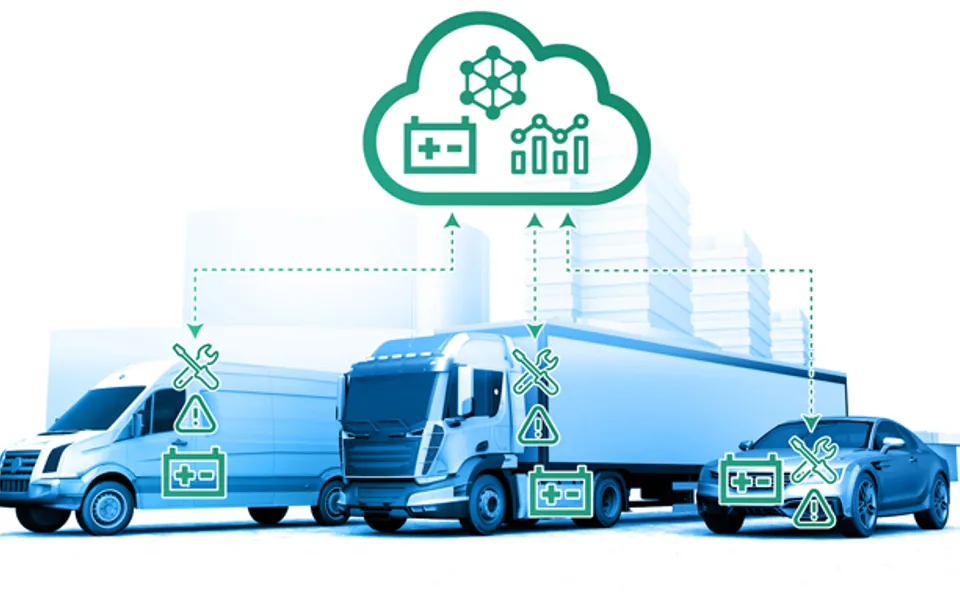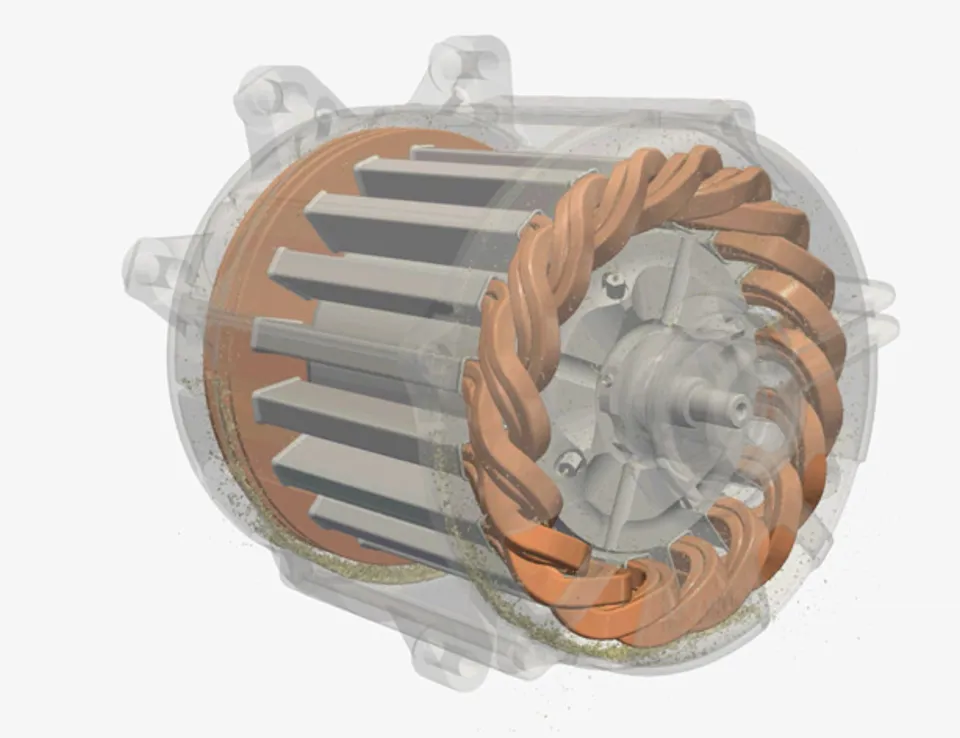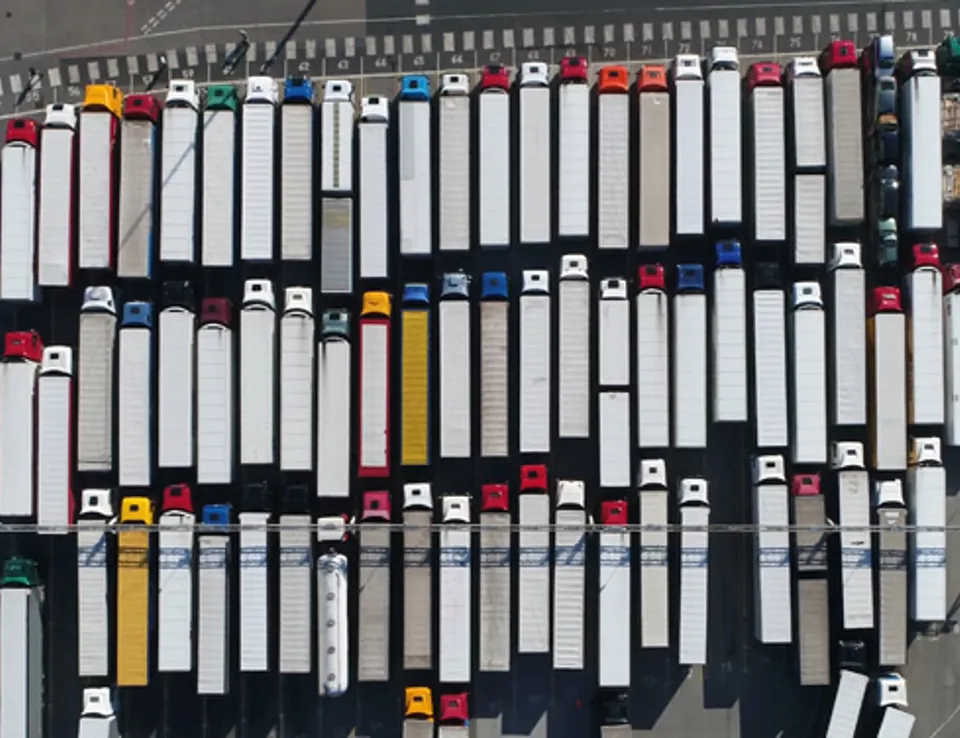
Ricardo monitoring technology aims to reduce electric vehicle battery failures
09 December 2020
Ricardo has been awarded funding from the Office of Low Emissions Vehicles (OLEV), in partnership with Innovate UK, for a research and development project which seeks to improve electric vehicle battery life, performance and resilience.
Green economic recovery programmes across Europe are seeking to support vehicle manufacturers to accelerate the consumer adoption of electric and hybrid vehicles. From its experience in R&D programmes on connected vehicle platforms, such as its ConnectHEV technology demonstrator, Ricardo understands the power of digital services to extract insights from large datasets which are generated by connected vehicle fleets. The company’s vision is for advanced monitoring and prognostics services to reduce electric vehicle battery failures in the field and extend battery life, which is the focus of the research announced today.
Running for six months, the project has received £112,000 in funding and has three key objectives. The first is the development of a test platform for monitoring and prognostics of battery health, which will form part of a connected battery management system. Secondly, the project aims to investigate novel hybrid physics-based/data-driven prognostics algorithms for battery health management. The third objective is to derive calibration updates for the battery management system from the physics based/data-drive prognostics algorithm; these can then be applied via software-over-the-air.
In order to undertake the research, the Ricardo team will develop tools to virtually represent vehicle fleets; these virtual fleets will provide data for the connected battery management system test platform. The team will address information, data and software flows to and from the battery system, while also focusing on battery monitoring and prognostics algorithm development.
The expectation is that the project will deliver three innovations – key building blocks in the advanced monitoring and prognostics services for electric vehicle batteries which will enable Ricardo to deliver a service to extend battery capacity and range over service life, and therefore reduce cost. First, Ricardo will propose novel data storage methods on a connected battery management system, exploring techniques for data compression without degrading fidelity. Secondly, the team will develop innovative algorithms, combining physics-based modelling and data-driven techniques to generate insight into the battery health. Thirdly, the team will derive from these algorithms techniques to automatically update the battery management system calibrations that will be provided to vehicles over the air.
Richard Gordon, Ricardo head of R&D said: “For a number of years Ricardo’s R&D has delivered technologies which are helping to accelerate the adoption of electric and hybrid vehicles, so we are delighted that this latest award of funding will enable the continuation of our important research. We are confident that this R&D project will prove to be a significant building block in helping vehicle manufacturers leverage simulation, virtual calibration and trusted data sources to improve electric vehicle battery performance, which will reduce long-term warranty costs and build consumer confidence in great electric or hybrid products. This increased consumer confidence in more environmentally friendly alternatives to conventionally powered vehicles will make a difference in reducing greenhouse gas emissions.”
Within the same funding stream, Ricardo has recently received financial support for two other electric vehicle research and development projects: one to digitalize electric and hybrid vehicle development to reduce cost, risk and time to market for manufacturers, and a second to develop innovative cooling technologies for electric motors to improve electric vehicle performance.
Download
Ricardo monitoring technology aims to reduce electric vehicle battery failures.




 Follow Ricardo plc for regular updates
Follow Ricardo plc for regular updates




